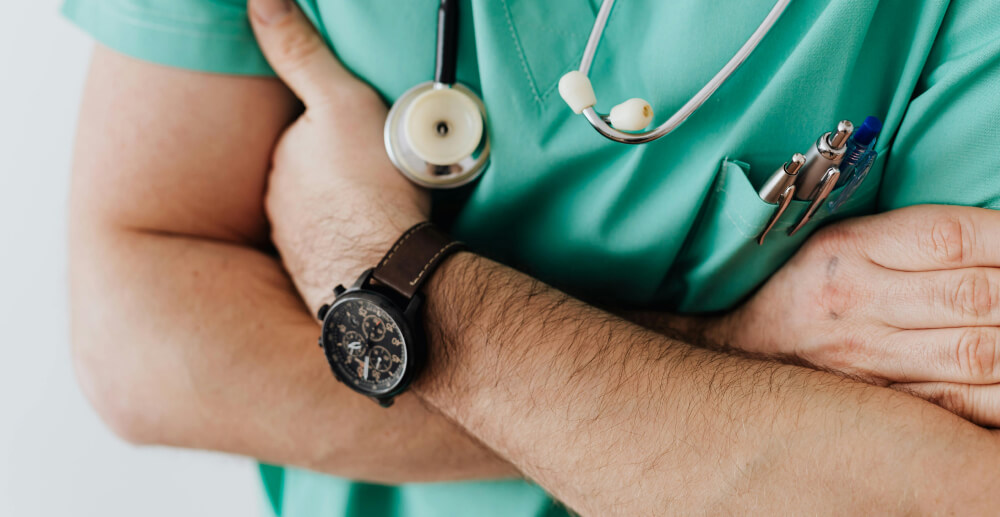Many aspects of life are being affected by the ongoing COVID-19 pandemic — and the rates of overdose are seemingly included.
Despite some progress in recent years, the overdose rate in the United States is again climbing. And the culprit, according to various experts, is likely the pandemic and its effect on everyday life.
Current overdose rates
Though the year is not yet over, new data from the Centers for Disease Control and Prevention suggests that the U.S. is already seeing increased rates of overdose when compared to last year.
In June, the White House released an analysis noting that overdose deaths had increased 11.4% during the months of January through April, when compared to the same months in 2019.
If that number continues to climb, according to the New York Times, 2020 could potentially see the highest increase in overdose deaths since 2016. The Times goes on to say that in the past, those who have researched the topic have found a connection between economic recessions and drug use and overdose rates.
According to the American Medical Association, recent reports from more than 35 states show an increase in overdose deaths.
“The AMA is greatly concerned by an increasing number of reports from national, state and local media suggesting increases in opioid-related mortality—particularly from illicitly manufactured fentanyl and fentanyl analogs,” the Association said in a statement.
How COVID may affect overdose rates
So what exactly is it about a recession — and COVID-19 in particular — that leads to seeing increased overdose rates? According to experts, it’s likely a combination of stress and isolation.
“We have two things colliding: the stress of the uncertainty of what’s going to happen with [Covid-19], and also the uncertainty of what’s going to happen to you, (with high levels of) unemployment, or if you are studying, what will happen to your education, Nora Volkow, director of the National Institute on Drug Abuse, told Advisory Board. “And then the social distancing and isolation that makes the whole process much worse.”
Dave Quisenberry is a 48-year-old West Virginia man and is in recovery. He tells the Association of American Medical Colleges (AAMC) that he has had to check in with himself often due to isolation.
“Being alone five days in a row can get to you, can make you anxious and depressed,” he said. “Back when I was using, I would just take care of that [with drugs].”
“I know a lot of people in my support groups who have lost their jobs, which is completely miserable,” he added. “It’s a really bad deal right now for a lot of people who are trying to avoid drugs.”
During the pandemic especially, drug use can be more deadly than normal. According to the Association of American Medical Colleges, this is because existing drug chains have been affected and those using may have had to turn elsewhere, without knowledge of what type of drugs they may be using.
“We’re seeing more overdose cases going straight to the morgue rather than to the emergency department,” Daniel Buccino, clinical manager of the Johns Hopkins Broadway Center for Addiction, told the Association.
Another factor that comes into play is how COVID has affected those seeking treatment for substance use disorder. Advisory Board notes that some in-patient facilities, as well as needle-exchange programs, have had to temporarily halt services.
“Way too many residential programs just shut their doors and left patients with no safety net,” Percy Menzies, president of Assisted Recovery Centers of America, told the Times.
However, those programs have seen the need to adjust their services, and and are feeling more confident moving forward.
“For a while, providing care during COVID felt like flying a plane that’s held together with string and chewing gum,” Aaron Greenblatt, MD, medical director of the University of Maryland Drug Treatment Center, told the AAMC. “Now, we’ve actually managed a major re-imagining of how we deliver addiction services…I just hope some of the positive developments we’re seeing in treatment will continue once the pandemic is over.”
Is COVID solely to blame?
Despite the factors connected to COVID, some experts note it is important to acknowledge that the overdose rate was increasing again even before the pandemic.
According to Natalia Derevyanny, a spokesperson for the medical examiner’s office in Cook County, Illinois, the pandemic has been front and center in the media. If that were not the case, she notes, overdose deaths would be at the forefront.
“If it weren’t for [Covid-19], these opioid deaths are all we’d be talking about right now,” she told Advisory Board.
In the end, experts say, the pandemic has just added to an already existing and growing problem in the country.
“Covid just makes it a bit worse,” Dr. Dan Ciccarone, a professor of medicine at the University of California, San Francisco, told the Times. “It’s a small wave riding on top of a tsunami that continues to devastate.”








